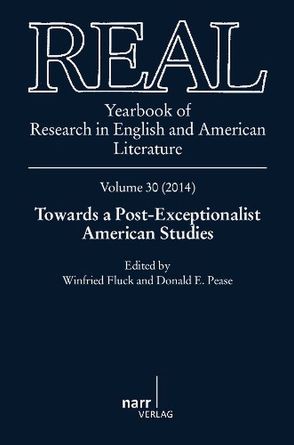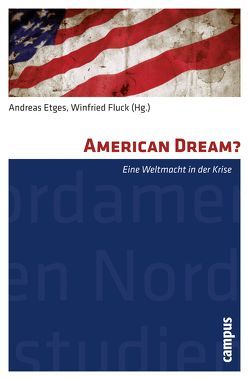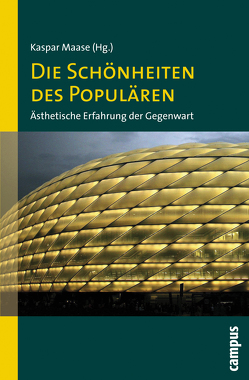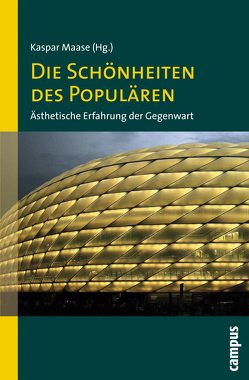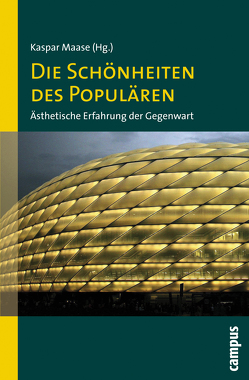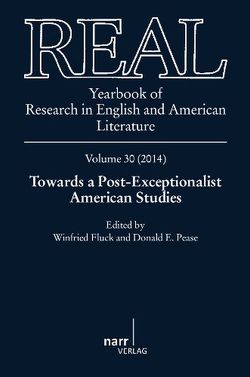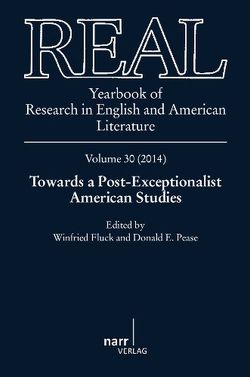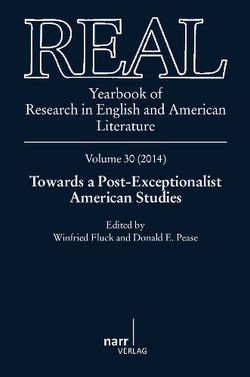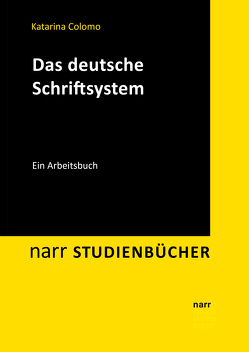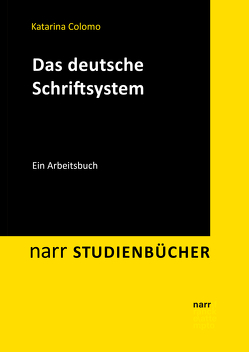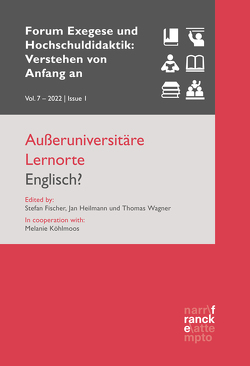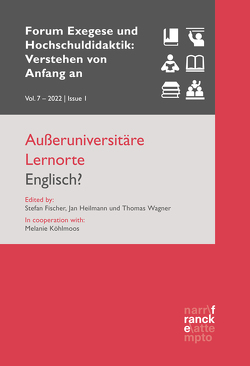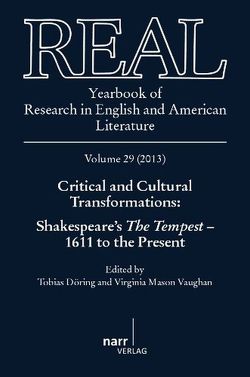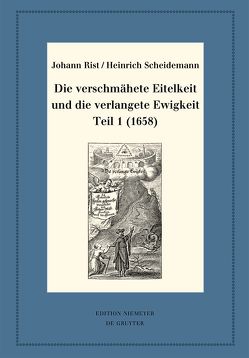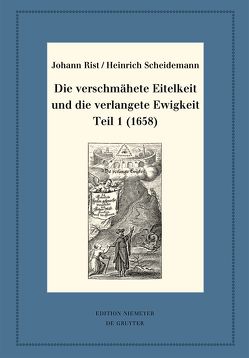REAL – Yearbook of Research in English and American Literature, Volume 30 (2014)
Towards a Post-Exceptionalist American Studies
Winfried Fluck, Donald Pease
Since its earliest records, Shakespeare’s Tempest has undergone continuous change. It is a play by which readers, spectators and critics just as artists, writers, actors or
directors try to understand themselves. Over the course
of four centuries and across the many different cultural,
political or aesthetic fields in which The Tempest has
been seen, performed, produced, appropriated, translated,
read, reread, debated, changed, adapted, painted,
filmed and taught – if there is one thing that emerges
from this rich history and impact, it must be the prominence
that this particular drama holds for processes of
self-seeking or self-positioning. Each place and culture,
all periods and generations that encountered this Shakespearean
drama and have engaged with it creatively or
critically have found it a persistent stimulus or challenge
also for encountering themselves and for exploring consequences
and conditions of the creative acts that they
themselves perform.
The present volume aims to chart this history in parts,
placing special emphasis on the early seventeenth century
and the present, Shakespeare’s time and our own. The
first six essays here presented explore some of the literary,
historical, philosophical, religious and/or cultural
connections through which this text is interrelated – and
interacts – with discourses and practices in the period of
its first production. The remaining seven essays explore
what contemporary meanings have been made by it.
Whether in Cuba, China, Germany or Japan, whether in
theatrical staging or rewriting, in DIY versions on
YouTube or in arthouse films on screen, all these critical
and cultural transformations of the play are nothing if
not rich and strange.
